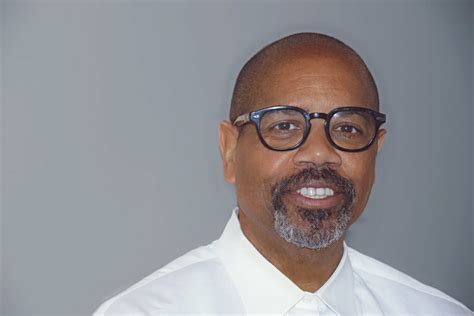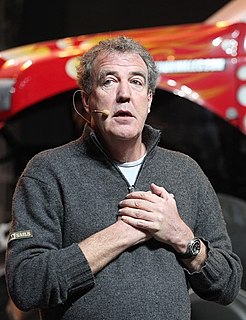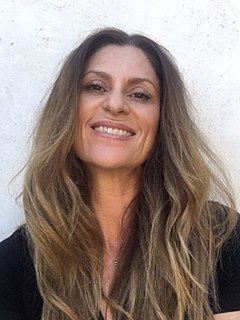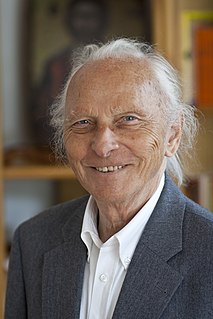A Quote by Gregory Allen Howard
One of the things I prize most about being a writer is its license - you could even say injunction - to be curious, to follow anything anywhere and see where it might take you, how it can transform you, whether in content or form.
Related Quotes
I'm thinking about the idea of poetic license. People say that about certain writers: "Oh, the grammar sucks, but it's just the poetic license." We accept it as being an art form of sorts: the incorrect rearrangement of meaningful things. Unlike sciences, literature as art relies on societal acceptance of a certain vocabulary. We're just making sounds out of our mouths if we don't both accept that what I'm saying has very significant meanings, and I'm accurately targeting what vocabulary I use and how I arrange each word.
And it seemed hard to believe that these people who were so close to me couldn’t see how desperate I was, or if they could they didn’t care enough to do anything about it, or if they cared enough to do anything about it they didn’t believe there was anything they could do, not knowing—or not wanting to know—that their belief might have been the thing that made the difference.
Painting is an illusion, a piece of magic, so what you see is not what you see. I don't know what a painting is; who knows what sets off even the desire to paint? It might be things, thoughts, a memory, sensations, which have nothing to do directly with painting itself. They can come from anything and anywhere.
I don't feel one could even remotely touch the idea of intimidating others, but because I've understood the other side of the experience, I will occasionally, if I smell that could even be in the air for a few minutes, say to the director, "Please, you must tell me anything you want. Please say all the things you think might be terribly hurtful like, 'That was boring.'"
One of the most useful parts of my education as a writer was the practice of reading a writer straight through - every book the writer published, in chronological order, to see how the writer changed over time, and to see how the writer's idea of his or her project changed over time, and to see all the writer tried and accomplished or failed to accomplish.
Everything I learn about the world, whether it's the simple arcana of how commercial products are manufactured and designed and how they reach our shelves and where the chips come from and who does the code, to more profound things like whether or not a black hole might be penetrable as a wormhole, whether or not universes might be accessible from here, whether space can be stretched and compressed to enable faster-than-light travel without violating physical law - all of those things have tremendous story potential.
Right now in American writing there is no genre as exciting as memoir - the writer can do anything, as long as it works. It's like the 1920s up in this joint. So, I'd say, experiment with how you tell the story. In the best memoir it's not the what, it's how the writer tells the what - meaning and effect through form.
The most common way people could do time-travel would be a form of meditation in which you don't get caught up in your thoughts and don't make patterns of logical consequences follow as a result of your thinking process. It's very hard for most of us to do that if we think about it. But if you start to watch the process by which things come into being, and you begin to witness from the point of view of watching the words form, then you're beginning to move into the non-temporal mindset, or that which is free of time.
I think it's much more interesting to live not knowing than to have answers which might be wrong. I have approximate answers, and possible beliefs, and different degrees of uncertainty about different things, but I am not absolutely sure of anything. There are many things I don't know anything about, such as whether it means anything to ask "Why are we here?" I might think about it a little bit, and if I can't figure it out then I go on to something else. But I don't have to know an answer. I don't feel frightened by not knowing things, by being lost in the mysterious universe without having any purpose - which is the way it really is, as far as I can tell.
Jesus offered a single incentive to follow himto summarize his selling point: 'Follow me, and you might be happy-or you might not. Follow me, and you might be empowered-or you might not. Follow me, and you might have more friends-or you might not. Follow me, and you might have the answers-or you might not. Follow me, and you might be better off-or you might not. If you follow me, you may be worse off in every way you use to measure life. Follow me nevertheless. Because I have an offer that is worth giving up everything you have: you will learn to love well.'
If you find your truth you must follow it. You could find it in a paper bag, or in a statue, or in a slaughterhouse; you might find it dangling somewhere. People might say, What the heck are you doing? but its ok if they dont understand. And if you follow it, stay true to it, and respect it, you could be in store for the greatest journey you could ever imagine.
His true Being comes to light and even penetrates his clothing. We should not limit ourselves to Jesus. We have to recognize ourselves, our own true form... Life would be so simple if we could always see what we are; if we could recognize what our neighbors are. If we could see the beams of light that pass through their clothing; if we could not only see their external form, but also experience their true being.

































